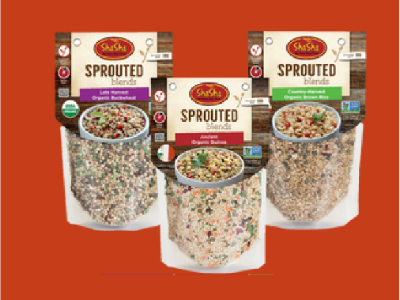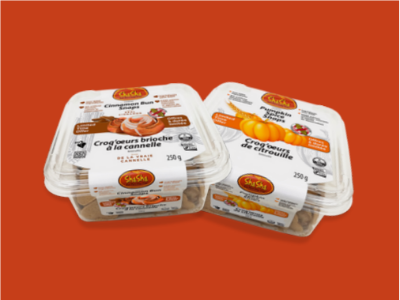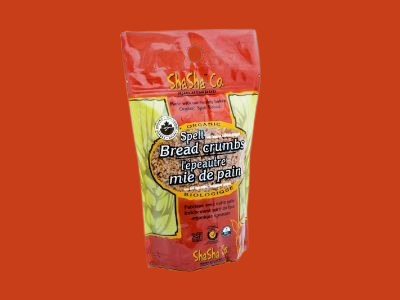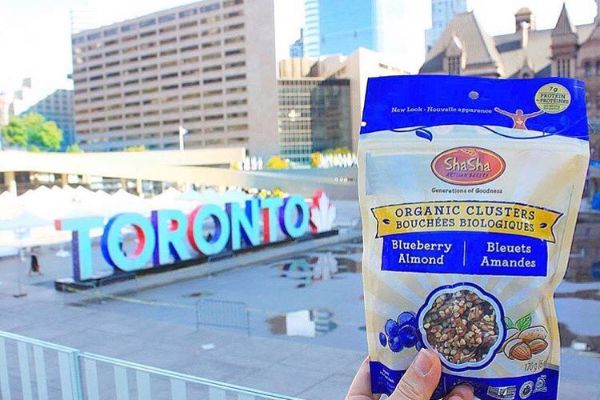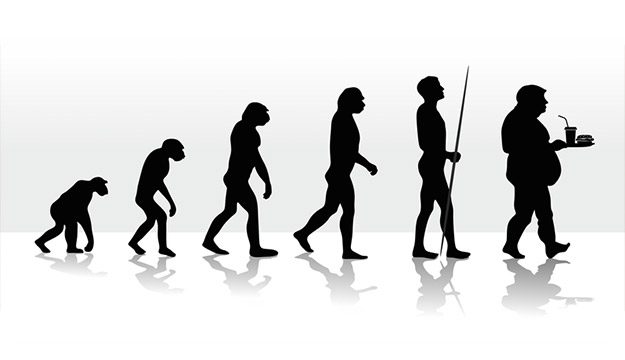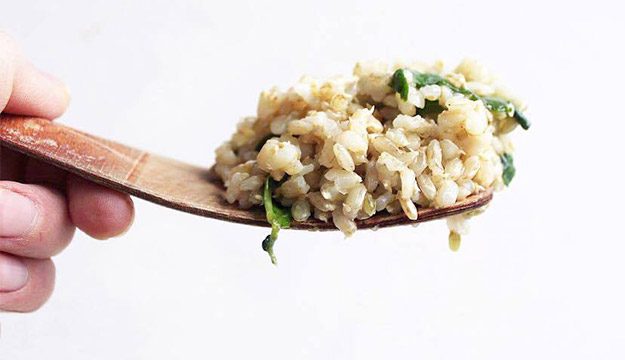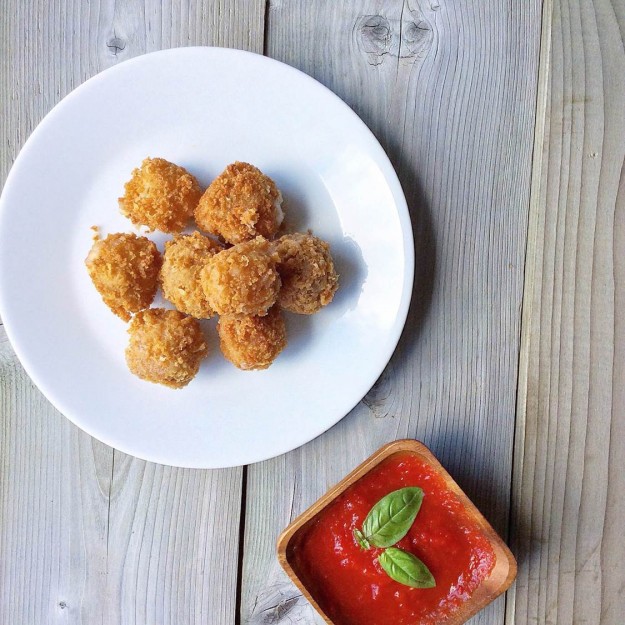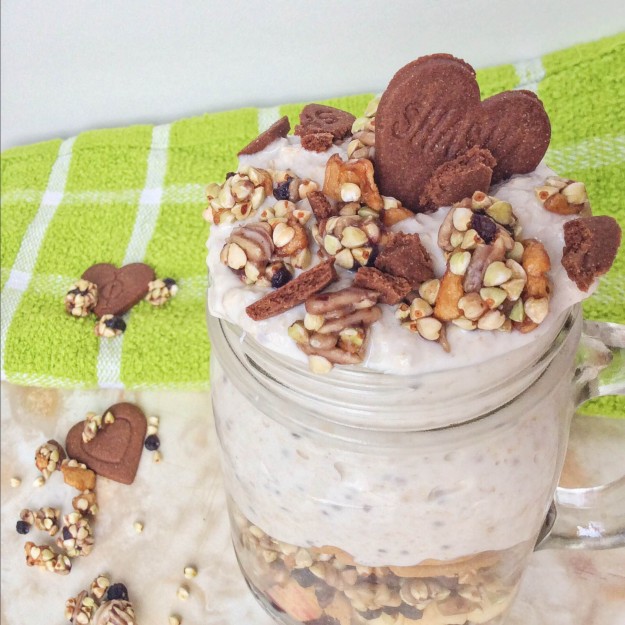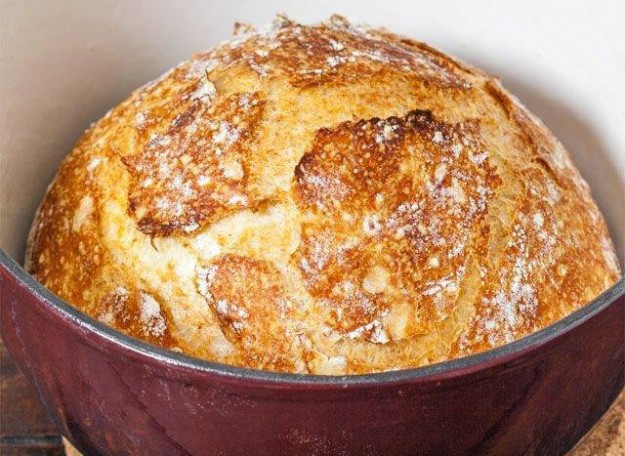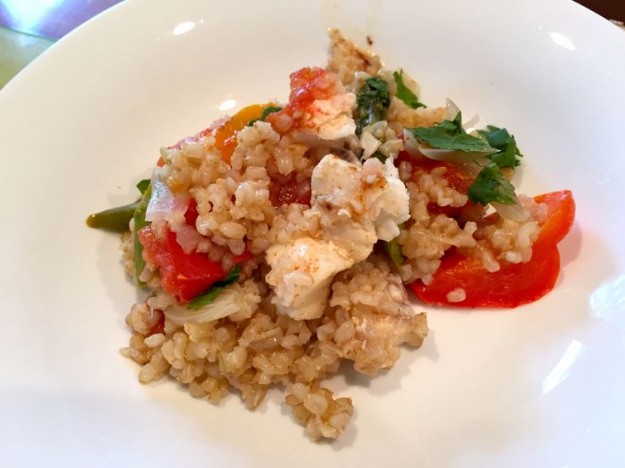Eat Yourself Happy: How Food Affects your Mood

Are the winter blues getting you down? Do you feel tired, or have trouble concentrating? The concept of comfort food isn’t just about warming you up on a cold day; what you eat really can change the way you feel. Your food choices can either leave you feeling happier, or can inflict bad moods and mild depressions.
Carbs make you Happy
Not so fast! Before you reach for the pizza, its only smart carbohydrate choices that help to improve your mood. You see carbohydrates are rich in tryptophan, a nonessential amino acid which, with a little help from the B vitamins, is used to create serotonin in the brain. Serotonin is the ‘feel good’ hormone with helps to elevate your mood.
When you binge on bad carbs, your gut can’t handle all the gluten and this may lead to a number of side effects including depression, irritability, digestion issues and headaches; certainly not a recipe for smiles. So instead, reach for the whole grains, sprouted grains like BIO-BUDs, gluten-free healthy snacks, and organic artisanal breads which are low in gluten.
A recent study by researchers at Arizona State University found that people who follow a very low carbohydrate (ketogenic) diet were fatigued. Overweight test subjects had a sharp reduction in their desire to exercise.

Polyunsaturated Fat – a lot more Fun than it Sounds
Omega-3 polyunsaturated fatty acids, found in foods like salmon, walnuts and flaxseed, help to fight depression. That’s because omega-3 builds neurotransmitter pathways in your brain. A study by Professor Carmine Pariante showed that with just two weeks of an omega-3 supplement, subjects were 10% less likely to experience depression.
Ditch the Sugar
A high-sugar diet can plague both your physical and mental health. You see, when you eat sugar, your blood sugar level skyrockets and then plummets; a rollercoaster ride straight depression station. Sugar intake floods the brain with dopamine; a chemical that makes you feel good. That’s why you love sweet foods so much. The trouble is, this changes your brain chemistry over time.
A Yale University study showed that sweet treats activated the same parts of the brain as cocaine which shows just how addictive sugar can be. The change in your brain chemistry caused by sugar impairs your ability to deal with stress and worsens symptoms of panic and anxiety. Studies also show that sugar negatively affects cognitive functions and memory and can lead to hyperactivity, irritability and headaches.
Get off your emotional sugar roller coaster and cut as much sugar from your diet as possible. Add more proteins as these help to stabilize blood sugar levels. If the thought of giving up all your sweets makes you sad, fear not. Dark chocolate (consumed in moderation) contains anandamide, a neurotransmitter produced in the brain that temporarily blocks feelings of pain and depression.
Fruits of Happiness
Bananas contain dopamine and a wealth of B-vitamins which help to boost mood. They are especially rich in vitamin B6 which helps to calm the nervous system. Bananas are packed with magnesium which promotes a positive mood.
Blueberries and black berries contain Anthocyanins which give them their purple color. Anthocyanins are antioxidants which help your brain to produce dopamine.
Fiber Foods
Whole grains, sprouted grains, fruits and veggies that are high in fiber and slow the absorption of blood sugar into your bloodstream which, in turn, keeps your blood sugar level constant and reduces mood swings.
Healthy eating is the path to happiness; after all a healthy body doesn’t just mean a healthy mind, it means a happy mind too!

